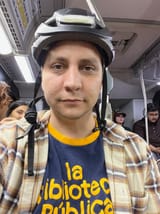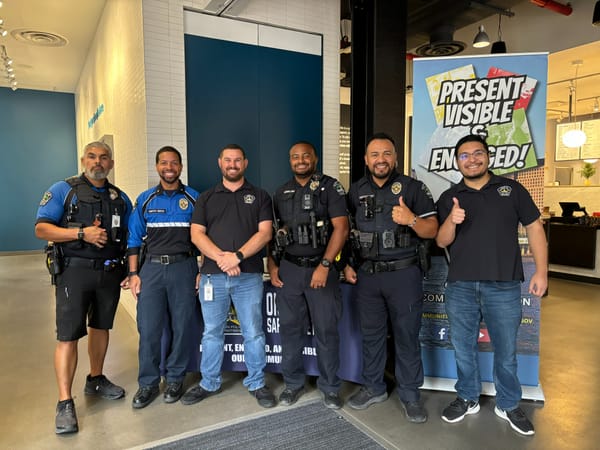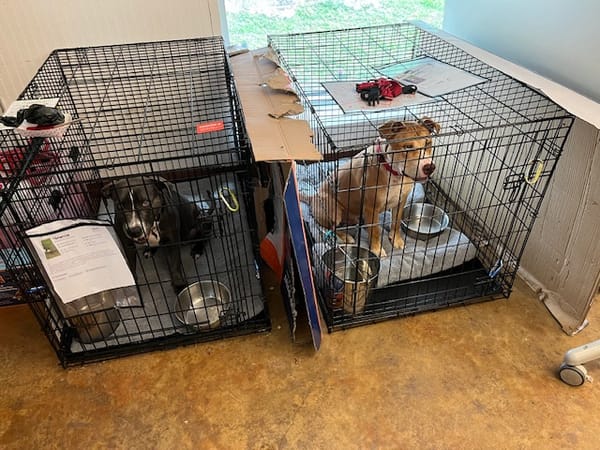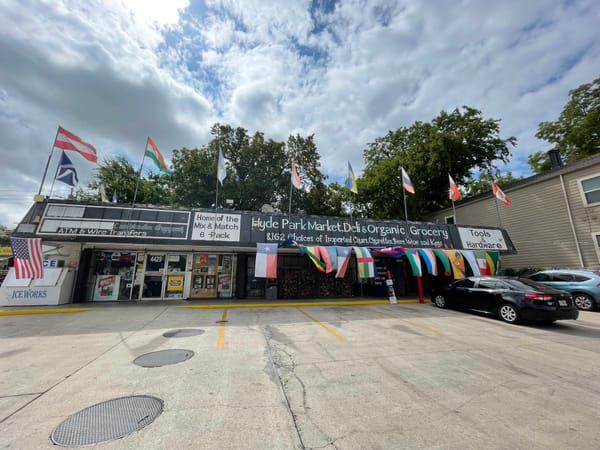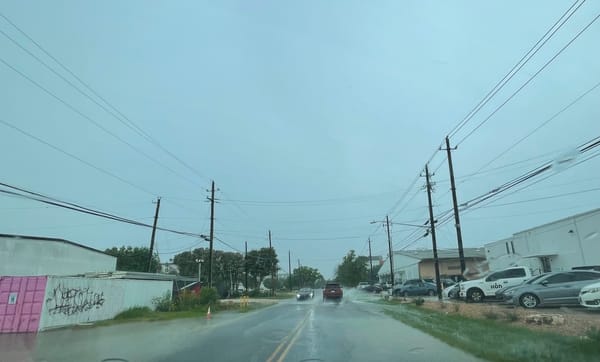Will CAMPO do right on I-35?
Paige Ellis & Brigid Shea ask CAMPO colleagues to do the right thing.
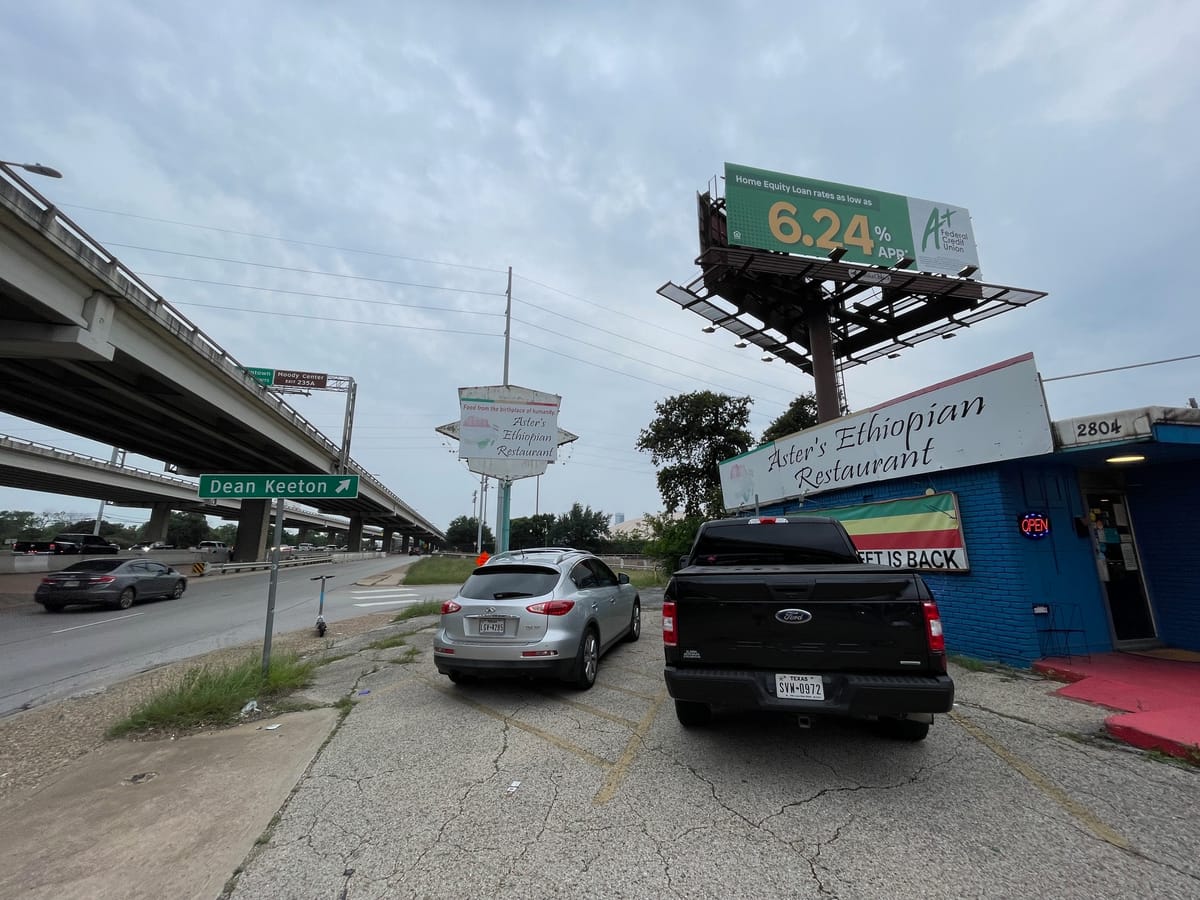
A coalition of local elected officials are pushing for CAMPO –– the Capital Area Metropolitan Planning Organization –– to withhold funding for the I-35 expansion until studies can be conducted on the project's air quality and climate implications.
CAMPO is a federally mandated planning organization that conducts regional transportation planning and allocates federal transportation dollars. If there is a way for opponents of the I-35 expansion to block the project, it is probably through CAMPO's 22-member transportation policy board, which is made up of officials from the region. Unfortunately, like the U.S. Senate or the Electoral College, the board overrepresents rural areas and underrepresents cities.
Today, I'm running an op-ed authored by Council Member Paige Ellis and Travis County Commissioner Brigid Shea ahead of the 2 pm meeting of the CAMPO transportation policy board, which will hear a motion from Ellis and fellow Cos Alison Alter, Natasha Harper-Madison and Vanessa Fuentes to withhold funding for the highway expansion.
An appeal for neighborliness on I-35
By Paige Ellis & Brigid Shea
TxDOT’s proposed I-35 expansion through central Austin has major environmental implications. While the Texas Department of Transportation has self-certified its own environmental review, it still has not performed the critical studies that the City of Austin and Travis County have requested concerning the environmental and air quality impacts of this generational project.
We cannot afford to wait any longer. The Austin area currently has levels of soot pollution (PM2.5) that exceed what is safe for human health, according to standards set by the Environmental Protection Agency. And as representatives of this region, we have a responsibility to protect our communities’ clean air as a basic right.
Cars and trucks are a major source of PM2.5 - fine particulate matter that can come from tailpipes, tires and brake ware, and that is small enough to bypass our biological filters and lodge itself in our lungs. It is considered by some scientists to be the most deadly of our airborne pollutants, and it is one that disproportionately impacts communities of color. PM2.5 causes premature death in people with heart and lung disease, decreased lung function and aggravated asthma - particularly in children, who have to breathe in more air because of their smaller lungs.
Black and Brown communities in the project area, which have always borne the brunt of I-35’s harmful effects, already suffer from higher than average rates of asthma and heart disease. Our repeated requests that TxDOT look at the impacts of doubling the highway’s size on air quality and human health are eminently reasonable.
But the question remains: why has TxDOT been able to push this project through, without fully studying its impacts, despite consistent concerns from elected officials and the community?
The problem can be traced to the decision-making structures in place. The only local body that has authority over this project is CAMPO - the Capital Area Metropolitan Planning Organization. The majority of officials on CAMPO’s board represent towns and counties whose residents will not experience the daily pollution this project will bring during and after construction. As a result, the City of Austin and Travis County have not had the leverage needed to make sure that the much needed improvements to I-35 are done in an environmentally responsible manner.
We are appealing to the good will and neighborliness of our colleagues on the CAMPO board. We are asking them to understand the urgency of the concerns we are raising, and to support us in pushing for a better, and safer, project for our region.
The sad state of our corridors
Well, it appears I'm not the only one who has had a helluva time getting information about the corridor projects that we voted to fund in 2016. And now it makes sense why those overseeing the projects have been so reluctant to share information.
From the Austin Monitor:
A massive shortfall in the city’s Corridor Program has caused work to be paused or cut back in some areas of the city. At their most recent meeting, Urban Transportation commissioners questioned the lack of public engagement on the changes.
The current cost of all of the improvements envisioned in the program is about $1 billion, which is more than double the $482 million approved by voters through the 2016 mobility bond. The shortfall is expected to increase as inflation continues.
What a disaster. Not just that the costs have grown so much, but that the public (and City Council??) is only just finding out about it.
Some of the delays and increased costs are not the city's fault. The pandemic, inflation, supply chain crisis, etc.
(By the way, when is TxDOT going to finally release an updated cost estimate for the I-35 expansion? We're still operating on the pre-Covid $4.3 billion figure, which cannot possibly be accurate)
But some of this is definitely the city's fault. The city of Austin has a bad habit of taking many, many years to build stuff after getting approvals from voters. Bond dollars have sat, unspent, for well over a decade before shovels hit the ground.
The problem preceded City Manager Spencer Cronk (2018-2023), but it doesn't look like he did much to improve the situation. Departing interim City Manager Jesus Garza was a big critic of the city's slow-moving capital delivery system –– did he do anything to improve it? Instead, it sounds like he allowed (or directed?) staff to make a bunch of major decisions without consulting policymakers or the public:
According to [Capital Delivery Services Deputy Director Eric] Bailey, decisions on what projects would be put on hold were made in cooperation with the department’s public outreach consultant, Rifeline, and the Transportation and Public Works Department. The projects were evaluated based on safety, equity and geography, he said.
...Commissioner Spencer Schumacher questioned the lack of information on the changes to the project plans, which are not currently detailed on the city’s website, and why there was no public engagement on the rescoping and deferment of the projects.
If costs have really escalated that much, then city staff needs to be upfront and offer City Council some alternatives.
And Council will have to make the tough decision about what they want to cut. Do we want to cut some corridors entirely, or do we want to do skimpier versions of each corridor?
If somebody forwarded you this email, please consider subscribing to the newsletter by visiting the website.

